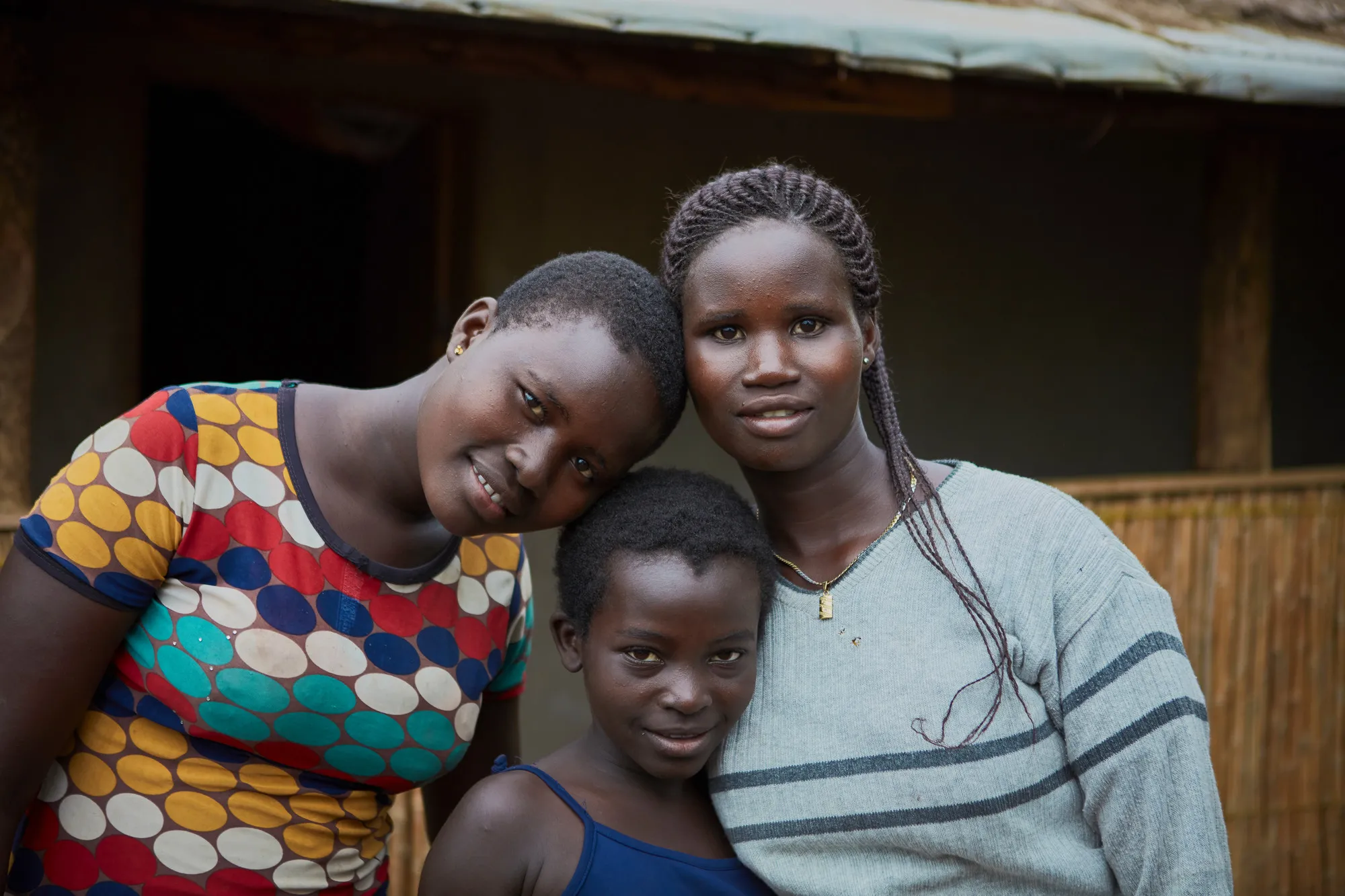Violence against women and girls or gender-based violence (GBV), whether it takes place in the home, in the workplace, in public spaces, schools or communities is one of the most widespread human rights abuses around the world. On average, 1 in 3 women globally experiences physical or sexual violence in their lifetime, usually from an intimate partner. In addition to devastating impacts on the dignity, security and wellbeing of survivors, violence against women also has broad social and economic costs across societies, including costs on public services, lost income and productivity.
As a longstanding concern that is rooted in gender inequality and which no society or community is immune to, violence against women in all its forms increases during crises and the current COVID-19 pandemic is no exception. The social and economic strains of the pandemic, compounded by movement restrictions, have led to a surge in reports of domestic violence, in country after country. With households losing income and schools remaining closed in many contexts, girls are at particular risk of sexual exploitation and abuse, teenage pregnancy, early and forced marriage and other harmful practices.

